Dear The West, why do you find it so hard to say sorry?
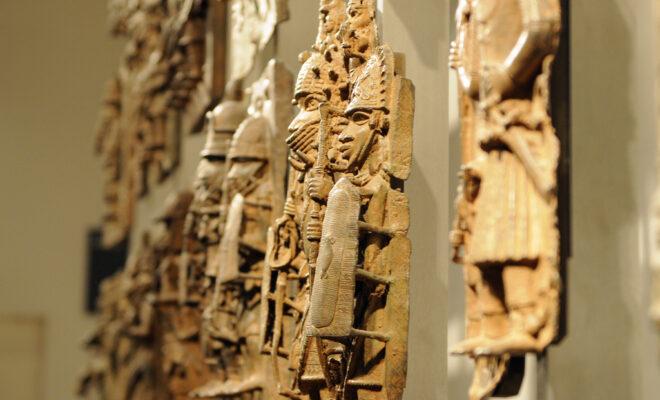
Forgiveness is central to many African cultures. As Europe debates whether to return looted African heritage, an initial apology would go a long way.
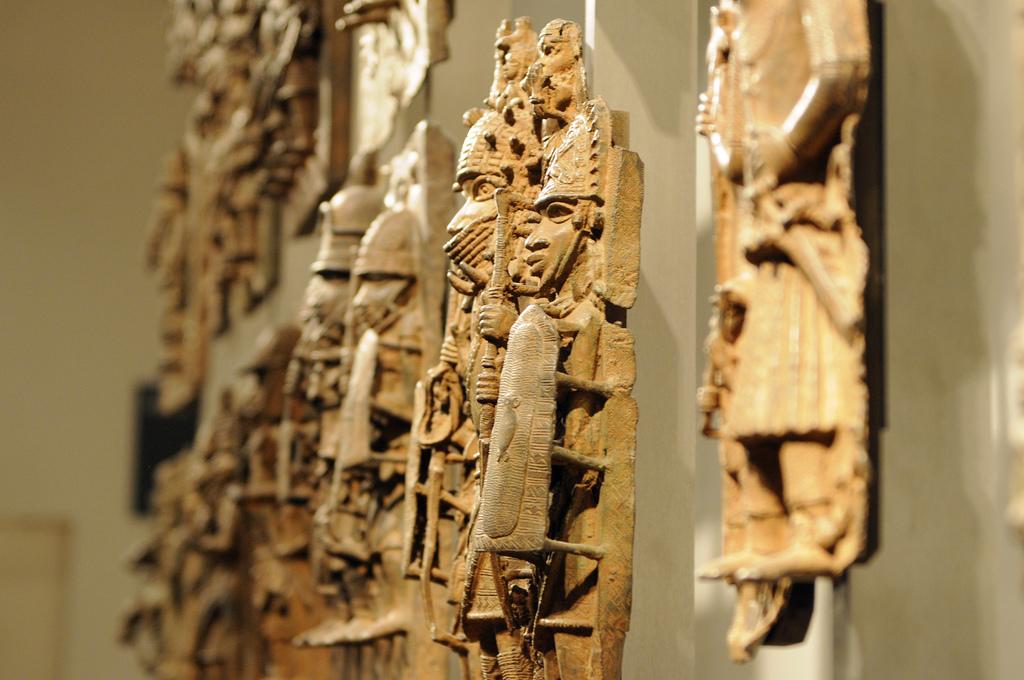
90% of Africa’s cultural heritage currently lies outside the continent, including the Benin Bronzes in the British Museum. Credit: Son of Groucho.
In Burkina Faso, mam sugri (meaning “forgive me” in Mooré) is a popular bumper sticker. Through these words on the back of their vehicles, motorists ask one another for forgiveness in advance as they make their way around town.
This is one particularly vivid illustration of how central forgiveness is to many African cultures – something that could not be said of most European ones. This difference across the continents could help explain some recent puzzling comments made in France regarding Africa’s looted heritage.
Last November, France published the Sarr and Savoy report regarding the principle of returning African cultural objects taken illegally during colonialism. It had been commissioned by French president Emmanual Macron a year earlier and was written by Senegalese economist-philosopher Felwine Sarr and French art historian Bénédicte Savoy.
Entitled “The Restitution of African Cultural Heritage”, the report presents the seizure of African artefacts as a crime against peoples, drawing notably on examples from Europe itself. In its opening paragraph, it notes that 2,000 years ago Greek historian Polybius bemoaned the double penalty that Roman plundering of Greek heritage inflicted. Not only were Greeks deprived of their heritage, they were also subjected to the humiliation of seeing their objects displayed as spoils of war in Roman cities. The report also cites a 19th century German philosopher who framed the message of cultural heritage raiders as being: “In the future may it be harder for you to learn and cultivate yourself.”
Sarr and Savoy move on to show the extent to which the looting of African art was central to the colonial enterprise. It describes how in 1897, for example, a Berlin museum director rejoiced on learning one of his students was to participate in a punitive military expedition in Cameroon. “We can expect great things,” he is quoted as saying. “[My student] is well-informed on what we are in need of and will attempt to take great care in finding something for us.”
The inherent injustice and extent of these practices – an estimated 90% of sub-Saharan Africa’s cultural heritage is outside the continent – lead the authors to reject compromise solutions. Instead of loans or touring exhibitions, they recommend the permanent return of illegitimately acquired objects when requested by an African country.
A simple apology
The French establishment did not respond well to the report. The director of the Quai-Branly Museum, which holds over 70,000 objects from sub-Saharan Africa, warned – somewhat ironically – that restitution would “empty European museums”. France’s Minister of Culture said he preferred the idea of circulating African heritage rather than permanently returning it, echoing the British Museum’s recent offer to loan Nigeria its Benin bronzes. Meanwhile, the French presidency kept its options open saying all ideas – permanent restitution, loans, exhibitions, exchanges – should be considered.
For many in Africa, these reactions are incomprehensibly arrogant. Why the knee-jerk defensiveness? Why not at least a humble mam sugri to help open the doors to dialogue?
The answer is that in the West, the act of pardon is mostly the reserve of God, priests and occasionally presidents. Their systems of justice are based on retribution: blame is assigned and a sentence handed down. In this win-or-lose system, distance is created between the wrongdoer and the wronged. The offender is not expected to ask for forgiveness. In fact, they are expected to defend themselves and present mitigating circumstances, even as that deepens the victim’s pain.
Across much of Africa, the opposite is true. From a young age, children are taught the act of pardon. Adults instruct children to say sorry when they offend, but also to forgive when offended. By a similar token, many traditional African concepts of justice are restorative. They focus on bringing together the wrongdoer and wronged and re-establishing harmony and balance. The value of ubuntu, espoused among others by Archbishop Desmond Tutu in post-apartheid South Africa, emphasises how the act of apology and forgiveness allows the offender to retake their place in society and encourages healing.
On the question of the restitution of African heritage, the continent is still crucially waiting for its mam sugri. We are still waiting for an expression of contrition that would put a salve on our wounds. We are still waiting for an acknowledgement of our pain that would allow us to forgive, as we have been taught from childhood. An apology in of itself would not be sufficient, but it is the necessary first step for us to start considering solutions that might go beyond the Western win-lose schema. Some of these ideas may well resemble those favoured by France’s Culture Minister, but they could at least be embarked on without the bitterness elicited by the current absence of an apology.
Looted cultural heritage is of course just one aspect of Africa and Europe’s shared colonial past. There are many other widespread forms of violence and injustice that both African and Europeans find difficult to fully acknowledge, albeit for different reasons. In that sense, Macron showed himself to be the avant-garde of Europe when he declared in 2017 that France’s colonisation of Algeria had been a crime against humanity. “Genuinely barbaric, [it] constitutes a part of our past that we have to confront by also apologising,” he said in Algiers.
This is a start, but much more is needed. And in the case of Africa’s looted culture, mam sugri is a prerequisite before we can think about the Sarr-Savoy report’s sub-title of working “Toward a New Relational Ethics”.
So, European countries, stop being afraid. Don’t get defensive. Ask for forgiveness. You will be forgiven. There will still be a long way to go, but the dialogue on the return of African heritage – whatever form it takes – will be all the smoother.


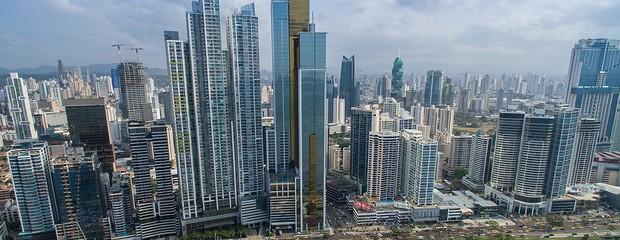
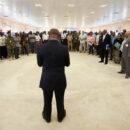
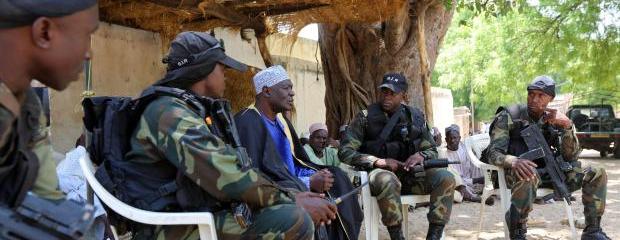


What I find intriguing is that at the heart nexus, a sincere real open objective apology depends upon a paradox. No matter how sincere, an apology cannot undo what was done, and yet in a mysterious transcendent way and according to its own self atoning logic, this is precisely what it manages to do. An apology is inevitably inadequate. Nevertheless, forgiveness, while not compelled by apology may depend upon it. The real fundamental mystery of apology depends upon the social relationships it summons and strengthens. The apology is not merely words. Crucial here is the communal nature of the process of apologizing. An apology is not a soliloquy. Rather, an apology requires communication between a wrongdoer and a victim or victims. No apology occurs without the involvement of each party. The apology reminds the wrongdoer of community norms because the apology admits to violating them. The sincere apologizer assumes a position of vulnerability before not only the victims but also the larger community of societal witnesses. What will be most disturbing for me is if his political public policy social opponents will attempt to enrich themselves both in social aggrandizement and in generating self political capital as a result of this public individual crass lack in moral judgement in terms of the failure in his own internal moral governor which is that ineffable element which calibrates both character and virtue essential to an apology in status virtue.
Well said Monte McMurchy, but the “to the victor go the spoils” was the community norm at the time, so there wasn’t a violation. The world has moved on but racism and theft were called different things 100 years ago. Asking for an apology assumes Europeans today accept the mistakes of Europeans of the past, which is illogical. I’m an American in 2019; I’m not going to accept responsibility for all the horrible things Americans did in 1919, 1819, or 1719 and it would be foolish of anyone to ask me to. I wasn’t there.
These master pieces shall return to African museums for sure. I am not convinced though that today’s Europeans have to apology, are they responsible for their ancestors acts (and actually for many of them their ancestors were not in Europe)? Eventually it’s likely that for many of these pieces of art they won’t have survived up to now if they had not been taken care of by the thieves that brought them to Europe… Everything is not black and white…
Interesting you feel this way Nicholas. Karma has a way of correcting the wrongs of history. It would be advantageous for Europe to get ahead of the ball so to speak. Some day I perceive there will arise a generation in Africa which will not ask nicely, but experience their own ‘manifest destiny’. To whom much is given, much is required.